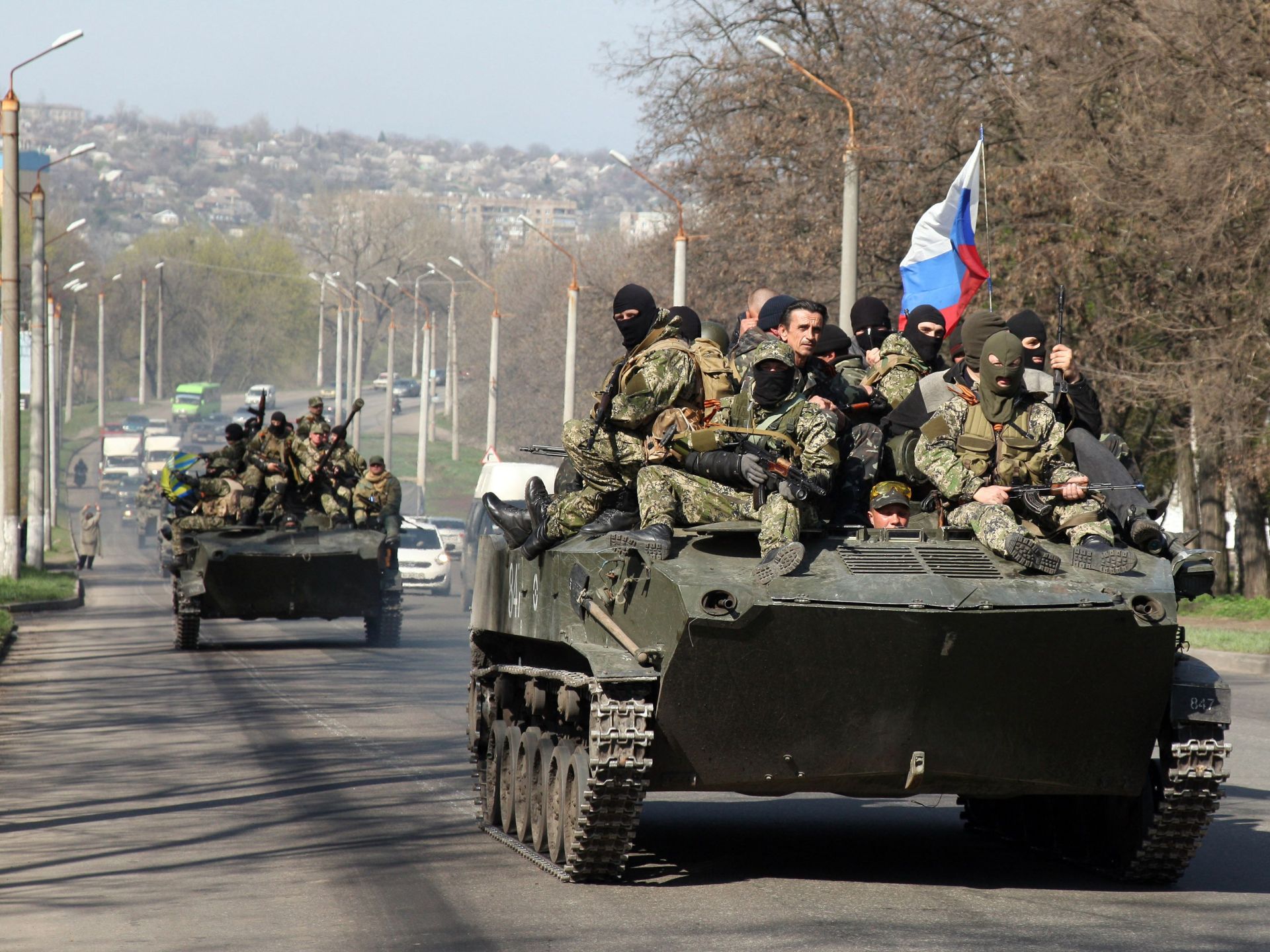The situation in Ukraine continues to intensify as Russian forces advance further into Ukrainian territory. Since the beginning of 2024, the Russian army has claimed control over 880 square kilometers, primarily in the northeastern Kharkiv region. Russian Defense Minister Andrei Belousov announced that substantial progress has been made, forcing Ukrainian forces to retreat by 8 to 9 kilometers. This offensive has put considerable pressure on Ukrainian reinforcements and resources, heightening concerns over additional territorial losses.
In response to these developments, Western allies have taken significant steps to support Ukraine. The German government, followed by several other NATO members, has given Kiev the green light to use Western-supplied weapons on Russian military targets. This decision is a monumental shift as it permits Ukraine to conduct counterstrikes against Russian military positions launching attacks from within Russian territory. US President Joe Biden has also permitted Ukraine to use American weapons for counterfire purposes specifically in defense of Kharkiv, further bolstering Ukraine's defensive capabilities.
Alongside the battlefield developments, a significant prisoner exchange took place between Russia and Ukraine. Both nations agreed to swap 75 captured soldiers each, marking the first such exchange in months. Additionally, Ukraine received the remains of 212 soldiers, while Russia received 45 bodies, reflecting ongoing attempts to manage the humanitarian aspects of the conflict.
The geopolitical landscape is intensifying, with various countries aligning their policies. Leaders from nations such as France, Germany, and the United States have echoed similar sentiments, allowing Ukrainian forces to expand their use of supplied weapons. This unified stance demonstrates a notable commitment to Ukraine's defense, despite Russian warnings that these actions risk escalating the conflict further.
Reports have surfaced that parts of North Korean missiles are being found in Ukraine, suggesting increasing military cooperation between Russia and North Korea. This development has raised alarms in Western capitals, which see it as a further complicating factor in the conflict.
The Ukrainian forces continue to face logistical challenges, reliant on international support for ammunition and personnel. Recent approvals of significant financial aid from the US and arms supplies from Germany and other NATO members highlight the ongoing and increasing support from Western allies.
- The advancing Russian forces have necessitated a renewed call for military support from Ukraine’s Western allies. In light of these urgent needs, Germany, for example, has committed to sending additional air defense missiles, spare parts for artillery systems, and a million rounds of ammunition. These supplies are critical to maintaining Ukraine’s defensive and counter-offensive operations.
- Simultaneously, the international community remains divided on the implications of expanding the use of Western-supplied weapons. Countries like Poland have expressed their full support, with officials stating there are 'no limits' on how Ukraine can use Polish weapons. Meanwhile, other nations, such as Hungary, remain opposed to these measures, fearing further escalation.
- In recent weeks, Ukraine has also ramped up its own offensive operations, conducting drone attacks against strategic locations such as the Russian oil terminal in Port Kavkaz. Such strikes aim to disrupt the logistical and operational capabilities of the Russian forces.
- Amid these dynamic and complex developments, NATO's Secretary General Jens Stoltenberg has openly supported Ukraine's right to defend itself by any means necessary. This stance indicates an evolving strategic approach within the NATO alliance, emphasizing the importance of enabling Ukraine to strike at the core of the Russian threat.
- Furthermore, high-level discussions continue in various international forums, with defense ministers and other political leaders debating the extent of support and the rules of engagement for Ukrainian forces. These discussions are crucial as they shape the future trajectory of the conflict and the international community’s role within it.






